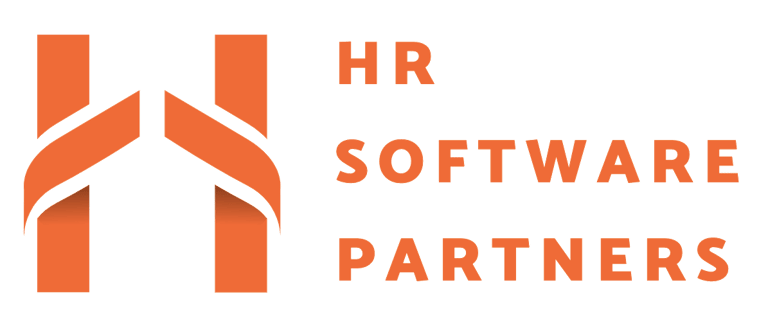The 10 Essential Features of an HRIS for Effective People Management in Dutch Businesses
"10 Essential Features Your HRIS Must Have for Effective People Management" Discover the must-have features every HRIS should offer for effective people management in Dutch businesses. From employee self-service portals to advanced analytics, learn how these features can streamline HR processes and enhance organizational efficiency.
HRIS SELECTION STRATEGIES


Introduction
When it comes to managing people in Dutch businesses, having a reliable HRIS (Human Resources Information System) in place is essential. An HRIS not only helps streamline HR processes but also enhances organizational efficiency. In this blog post, we will explore the 10 essential features that every HRIS should offer for effective people management in Dutch businesses. From employee self-service portals to advanced analytics, these features can revolutionize the way HR functions are carried out.
1. Employee Self-Service Portals
One of the key features that an HRIS must have is an employee self-service portal. This allows employees to access and manage their own information, such as personal details, leave requests, and performance reviews. By empowering employees to handle these tasks themselves, HR departments can save valuable time and resources.
2. Time and Attendance Tracking
Accurate time and attendance tracking is crucial for effective people management. An HRIS should offer a feature that allows employees to clock in and out, record their working hours, and manage their attendance. This not only helps ensure compliance with labor laws but also provides valuable data for payroll processing and workforce planning.
3. Performance Management
A robust performance management feature is essential for measuring and improving employee performance. An HRIS should provide tools for setting goals, conducting performance appraisals, and tracking progress. This feature enables managers to identify top performers, address performance issues, and align individual goals with organizational objectives.
4. Recruitment and Onboarding
Efficient recruitment and onboarding processes are crucial for attracting and retaining top talent. An HRIS should have features that streamline these processes, such as applicant tracking systems, resume parsing, and onboarding checklists. This ensures a smooth and seamless experience for both candidates and HR personnel.
5. Training and Development
Investing in employee training and development is key to enhancing skills and knowledge within the organization. An HRIS should offer features that facilitate training management, such as course scheduling, tracking certifications, and managing training budgets. This enables HR departments to effectively plan, deliver, and track training initiatives.
6. Compensation and Benefits Administration
Managing compensation and benefits can be complex, especially in larger organizations. An HRIS should have features that automate and streamline these processes, such as salary administration, benefits enrollment, and payroll integration. This ensures accuracy, compliance, and transparency in compensation management.
7. Leave and Absence Management
Tracking and managing employee leave and absence is a critical aspect of HR management. An HRIS should provide features that allow employees to request leave, managers to approve or deny requests, and HR personnel to track and manage leave balances. This simplifies the leave management process and ensures proper coverage and compliance.
8. Employee Communication and Engagement
Effective communication and engagement are vital for maintaining a motivated and productive workforce. An HRIS should offer features that facilitate employee communication, such as instant messaging, discussion forums, and employee feedback surveys. This fosters a sense of belonging and encourages collaboration within the organization.
9. Compliance and Reporting
Compliance with labor laws and regulations is a critical responsibility of HR departments. An HRIS should have features that ensure compliance, such as automated reporting, data security measures, and audit trails. This helps HR personnel stay updated with legal requirements and provides accurate data for regulatory reporting.
10. Advanced Analytics and Reporting
An HRIS should go beyond basic reporting and offer advanced analytics capabilities. This allows HR departments to gain valuable insights from HR data, such as turnover rates, performance trends, and workforce demographics. By leveraging these insights, HR personnel can make data-driven decisions and contribute to strategic organizational planning.
Conclusion
In conclusion, having an HRIS with the right features is crucial for effective people management in Dutch businesses. From employee self-service portals to advanced analytics, these features can streamline HR processes and enhance organizational efficiency. By investing in an HRIS that offers these essential features, Dutch businesses can stay ahead in the competitive landscape and create a productive and engaged workforce.
